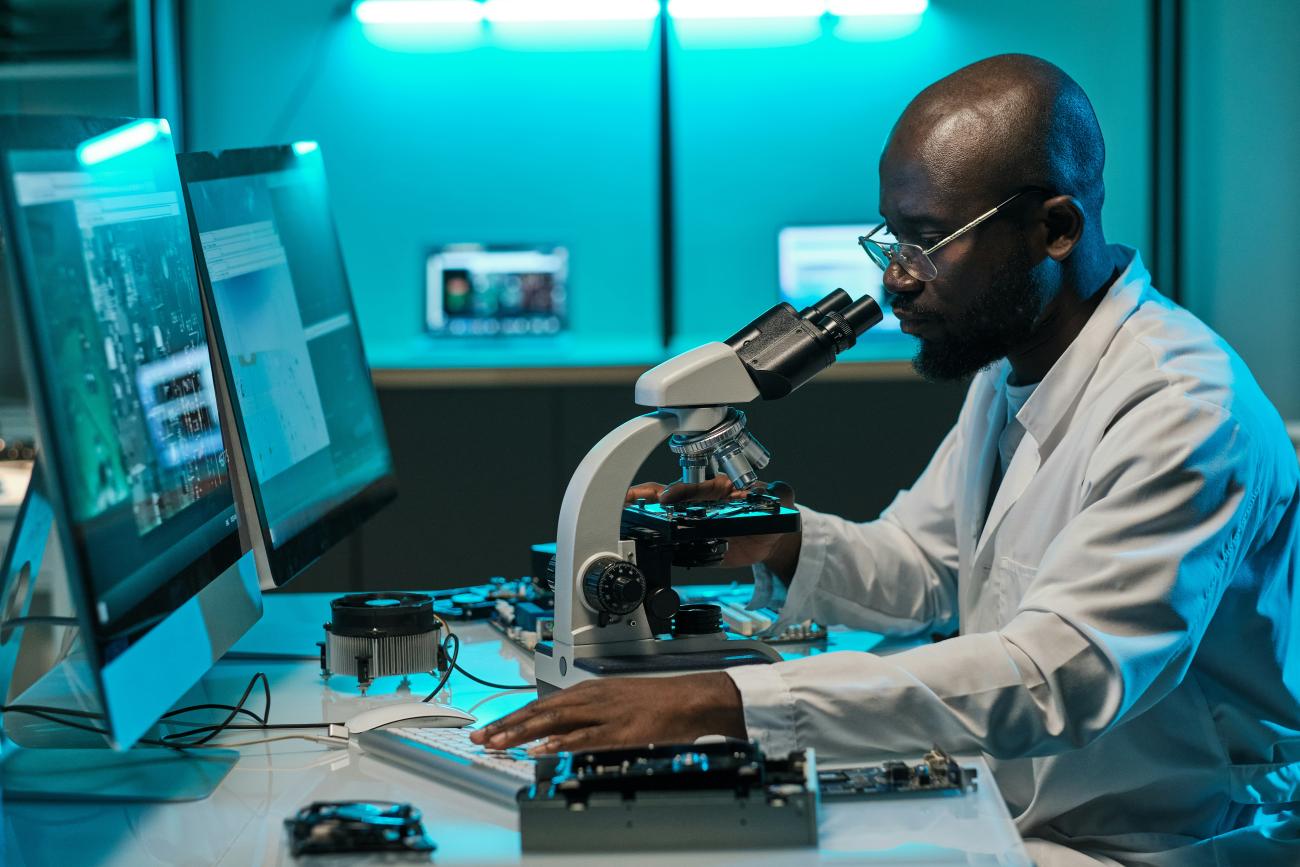
Strengthening Science Diplomacy and Official Development Assistance Policy for Research Publishing Reform
Research and innovation underpin almost every imaginable form of social and economic advancement. Yet publicly funded research too often remains inaccessible due to paywalls and costly publishing locks out talented researchers from resource poor institutions. This is an under-recognised foundational global challenge and better science diplomacy could help to help to provide the leadership necessary for real reform.
To support more effective science diplomacy on these critical issues, and working closely with partners and stakeholders in Africa, the project will:
- explore the barriers that African researchers face, and quantify the impact of this on research use
- review African research publishing platforms to understand the 'state of the art' and identify opportunities for investment
- analyse the Open Access policies of development research funders, to identify the policy options available and the potential risks and benefits
How the G20 could champion access to evidence: South Africa 2025
In this brief we explore how South Africa’s 2025 G20 leadership presents an opportunity to champion transformative, inclusive reforms in research publishing.
Read and download here: Briefing paper: South Africa 2025
Theory of change for science diplomacy in research publishing reform
Our G20 South Africa brief is supported by a theory of change, developed through our collaboration with the Center for Global Development, which sets out how science diplomacy can be used to elevate research publishing reform to the international agenda and drive more effective global leadership and governance.
Reproduced from Gulliver S, Demeshko A, Harle J, and Drake T. How science diplomacy can reshape global research publishing: a theory of change. CGD Policy Paper 344. 2024; Washington, DC: Center for Global Development.


